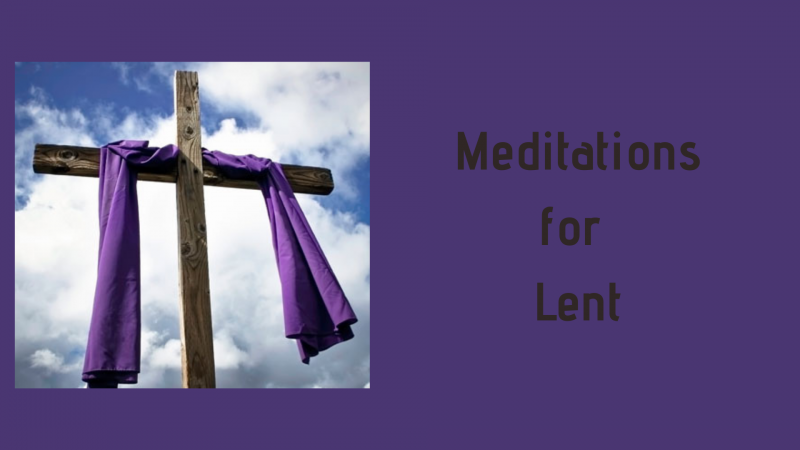Traditionally there are three themes for the season of Lent: prayer, fasting, and almsgiving. To this traditional list, I like to add a fourth, forgiveness. If the conventional three are the stool legs, forgiveness would be the seat, the one that holds all the rest together. Although one certainly can practice the other three without forgiveness, spiritually, it just works better when forgiveness is added to the list.
The Sunday of Forgiveness is held on the Sunday before Lent, starting in the Orthodox Christian Church. In the parish I served, there was a tradition at the end of the liturgy; everyone formed a line and approached the priest. Each would ask forgiveness of the other and grant forgiveness to the other. The person would then stand to the priest’s right as the next person in line came forward and so on. The ritual continues until everyone has come through the line.
Sure, there may be people in the line that you do not need to forgive or that you need forgiveness from, but the ritual is about the act of forgiveness. The theology behind this ritual is that one does not enter lent holding anything against another. Forgiveness is essential to worshipping God.
The communion liturgy of the ancient church used to contain a line about holding grudges. If you have anything against another, the instruction was to leave your sacrifice in the church, go and seek reconciliation with the one, and then return to the church for communion.
Forgiveness is essential to our relationship with God and with others.
There are two dimensions to forgiveness, giving and receiving. The critical thing to remember about forgiveness is that forgiveness is not for the person you are forgiving. Forgiveness is for you. By withholding forgiveness, we give power to the other person to control a portion of your life. If we withhold that forgiveness, they hold power. The moment we forgive, the power returns to us.
Forgiveness is not about the state of mind of the other person. Many times, the other person does not even know they have harmed or offended us. We offer them forgiveness by letting go of the hold they have on us.
Forgiveness does not mean forgetting. When we offer forgiveness to the other, we are not ignoring the pain. We are merely taking power back that the other person has.
Let us use this time of Lent to be open to the idea that we all need forgiveness, and we all need to grant forgiveness. It may not always be easy but, in the end, it is worth it.

